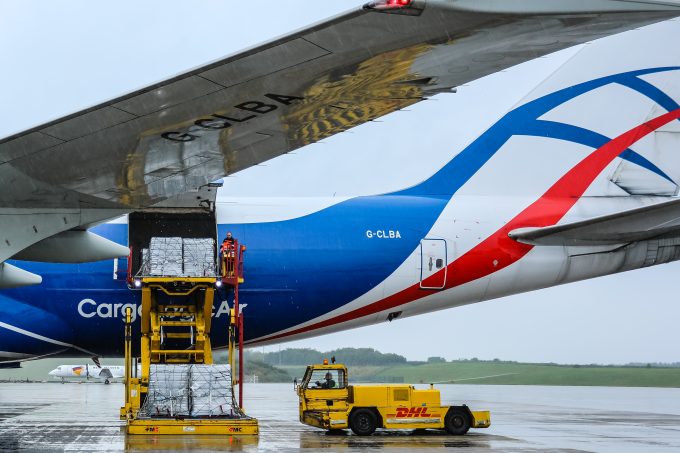Eastern Europe trade takes off as new air services generate excitement
Cathay Cargo’s new bellyhold service from Munich to Hong Kong launches today, and has already ...

UK-registered airlines are fighting for a level playing field with carriers on the continent, claiming the government failed to engage with the industry before Brexit.
Cargologicair CEO Nadeem Sultan said the UK urgently needed home-based carriers providing long-haul freighter services across the globe, but they faced ...
MSC switches two more Asia-Europe port calls from congested Antwerp
Front-loading frenzy has made traditional H2 peak season 'unlikely'
Canada and Mexico get cosy with trade plan to bypass US
Tradelanes: Export boom in Indian sub-continent triggers rise in airfreight rates
Carriers introduce surcharges as congestion builds at African ports
Mexican airport modernisation plan unlikely to boost cargo facilities
Ports and supply chain operators weigh in on funding for CPB
Tradelanes: Overcapacity on Asia-S America impacting alliances and rates

Comment on this article